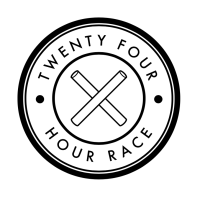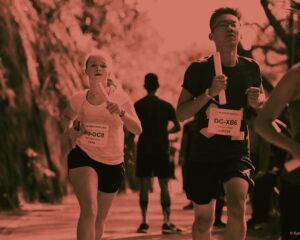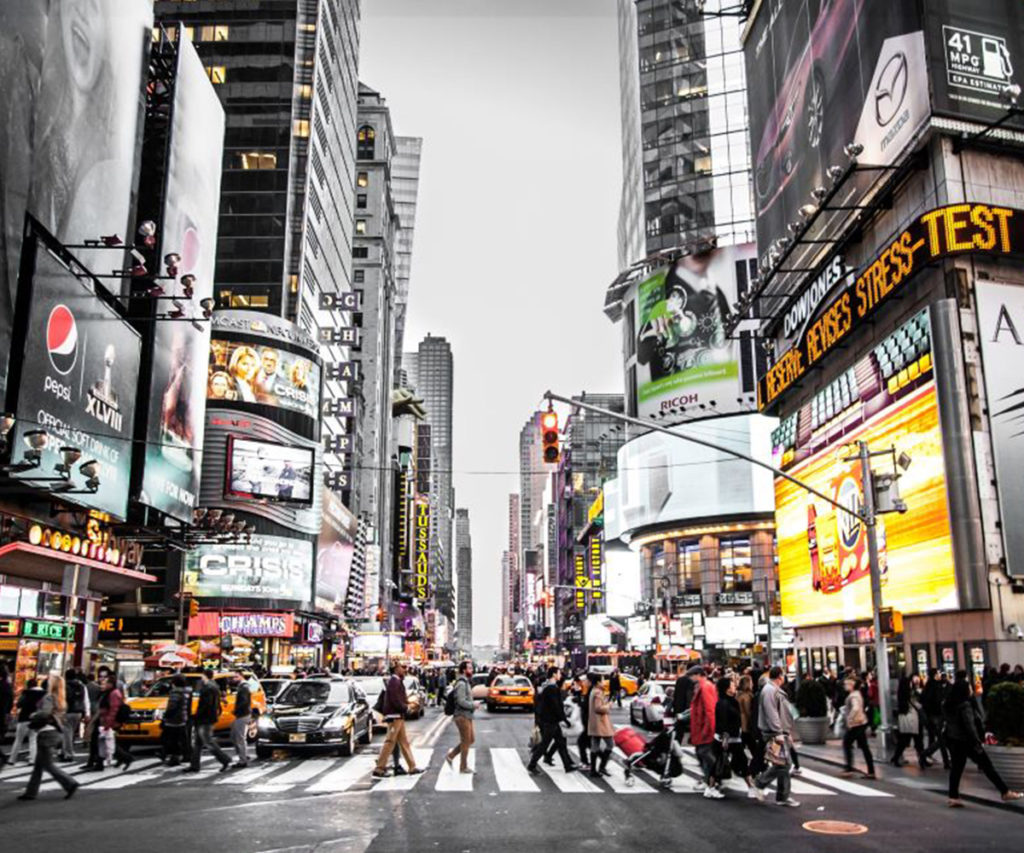We spoke to the purpose-driven social impact leaders of our partner companies during the COVID-19 pandemic to find out the challenges they faced, how they resolved to overcome them, and their thoughts on accelerating Shared Impact.
In this series, meet Daniel Hestevold, Chief Operating Officer of 24 Hour Race.
 24 Hour Race aims to nurture a generation of young people that are informed, motivated, mentored, and equipped to lead the movement to end modern slavery. Our mission is to challenge our generation to lead global action against slavery through the 24 Hour Race movement.
24 Hour Race aims to nurture a generation of young people that are informed, motivated, mentored, and equipped to lead the movement to end modern slavery. Our mission is to challenge our generation to lead global action against slavery through the 24 Hour Race movement.
Tell us more about the NGOs that you work with, and how you support their work in ending modern slavery?

Our take on combatting slavery is two-fold. Firstly, we plan to fundraise for supporting frontline charities who investigate brothels, run rehabilitation centres, etc. This is a direct approach towards our goal of ending modern slavery. We also invest in young changemakers by not only making them aware of what slavery is, but also giving them the tools and resources needed to make tangible changes. We believe that active youth participation is crucial for the success of our cause.
What would you say is unique about 24 Hour Race’s youth empowerment initiative?
Our take on youth empowerment is to have active and independent participation. We give students real and critical responsibilities. Students who join our movement set up workshops, conferences, and races with very little adult supervision. This “real” responsibility is my favorite aspect of the 24 Hour Race and what I believe sets us apart. We hope to develop and nurture young leaders at a pace and efficiency that is unparalleled.
Many social organizations face severe challenges in the pandemic. What are the unique challenges faced by 24 Hour Race and how are you trying to overcome them? What are the major lessons you have learnt that would go into building resilience in your organization, and/or further your impact going forward?
As a charity that works with many small donors, we have been hit hard as we don’t have corporate sponsorship to back us up.
Although generating fundraising, sponsorship and revenue through events and courses is difficult, we saw a glaring need to diversify our charity base as our focus had been too narrow. Going forward, we hope to expand our charity base and create new and unique fundraising events.
Tell us more about your seeding campaign – how did it come about, your insights from vetting the participants, and will you be doing it again?
 Our Seeding Campaign was a huge success as we saw 18 applicants (12 who completed the whole course). It came from our efforts to diversify and offer our audience a more holistic approach to combatting slavery.
Our Seeding Campaign was a huge success as we saw 18 applicants (12 who completed the whole course). It came from our efforts to diversify and offer our audience a more holistic approach to combatting slavery.
Our first Seeding Campaign allowed participants to choose a social injustice/problem of their choice. Following a screening to check if the team was serious enough and that the issue selected was “valid”, the teams had a lot of freedom to go about their projects. Moving forward we will keep the format the same, but changing the barrier to entry to teams looking to combat slavery-related issues.
From your experience as a social impact leader and in nurturing the next generation of social impact leaders, what do you think are the changes needed in Hong Kong, Asia, and the world to support the work of organizations like 24 Hour Race?
We drastically need the local community to “care” more about fighting human trafficking. International schools readily join events such as ours, but local schools do not have the capacity or desire to participate. This is an issue other charities face as well. I believe that the local community needs to be more aware of the issues facing Hong Kong.
Lastly, where do you see the 24 Hour Race five years from now?
In every major city around the world! Unsure how we’ll get there, but that’s where I want to be. At least 50 cities!




